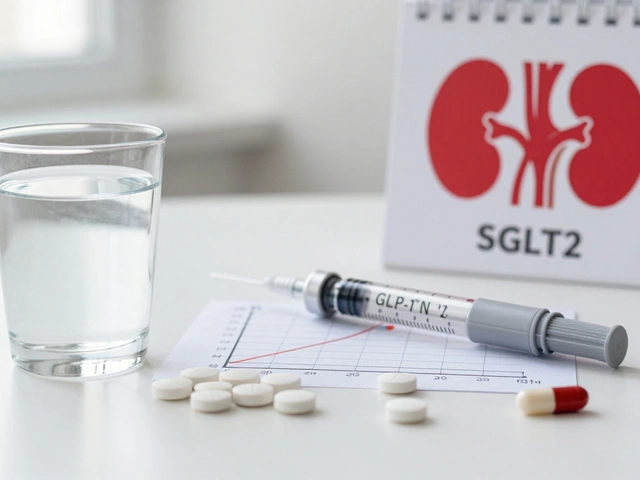Recognizing the signs of a body shutting down due to cancer can be both heartbreaking and crucial for those involved in caregiving or dealing with the illness directly. This article explores common physical and emotional symptoms in such situations, providing practical insights for timely intervention. Readers will learn about changes in sleep, appetite, and mental clarity, alongside guidance on finding the right palliative care options. Understanding these signs allows for improved comfort and care planning at the end stage.
Read MoreSigns Your Body Might Be Shutting Down – Spot the Warning Signals
If you’ve ever felt like you’re running on fumes, you’re not alone. Your body gives you clues before things get serious, and catching those clues early can be a lifesaver. Below we break down the most common signals that something bigger is going on, and what you should do when they appear.
Physical clues you shouldn’t ignore
1. Sudden, overwhelming fatigue – Not the usual tiredness after a long day, but a bone‑deep exhaustion that won’t lift even after rest. It often comes with a feeling of heaviness in the limbs.
2. Confusion or disorientation – You might find it hard to concentrate, forget simple tasks, or feel “spaced out.” This can be a sign that the brain isn’t getting enough oxygen or nutrients.
3. Temperature swings – Feeling unusually hot or cold, especially chills that don’t go away, can indicate that the body’s thermostat is failing.
4. Rapid heartbeat or low blood pressure – A pounding pulse or, conversely, dizziness when standing up points to circulatory stress.
5. Dark urine, pale stools, or sudden swelling – These are warning signs that the kidneys or liver are struggling to filter waste.
6. Shortness of breath at rest – If you can’t catch your breath without exertion, the lungs or heart may be under strain.
7. Unexplained bruising or bleeding – A sudden drop in platelet count can be a red flag for internal issues.
Spotting any of these symptoms doesn’t mean you’re about to shut down, but they do warrant a closer look.
When to call for help
First, trust your gut. If something feels “off” and you can’t explain it, it’s worth a call to a medical professional. Here’s a quick checklist:
• Chest pain, severe shortness of breath, or sudden weakness – Call emergency services right away.
• Persistent confusion, inability to stay awake, or sudden loss of vision – Seek urgent care.
• Rapid changes in urine color, swelling in legs, or unexplained bruises – Book an appointment within 24‑48 hours.
While waiting for help, keep the person comfortable: lay them down, elevate their feet if blood pressure is low, and avoid giving food or drink unless a doctor says it’s safe.
Remember, your body is a smart alarm system. It sends signals before things spiral out of control. By learning the most common warning signs and reacting quickly, you give yourself the best shot at a smooth recovery.
Stay aware, stay proactive, and don’t brush off those red flags. Your health depends on it.





